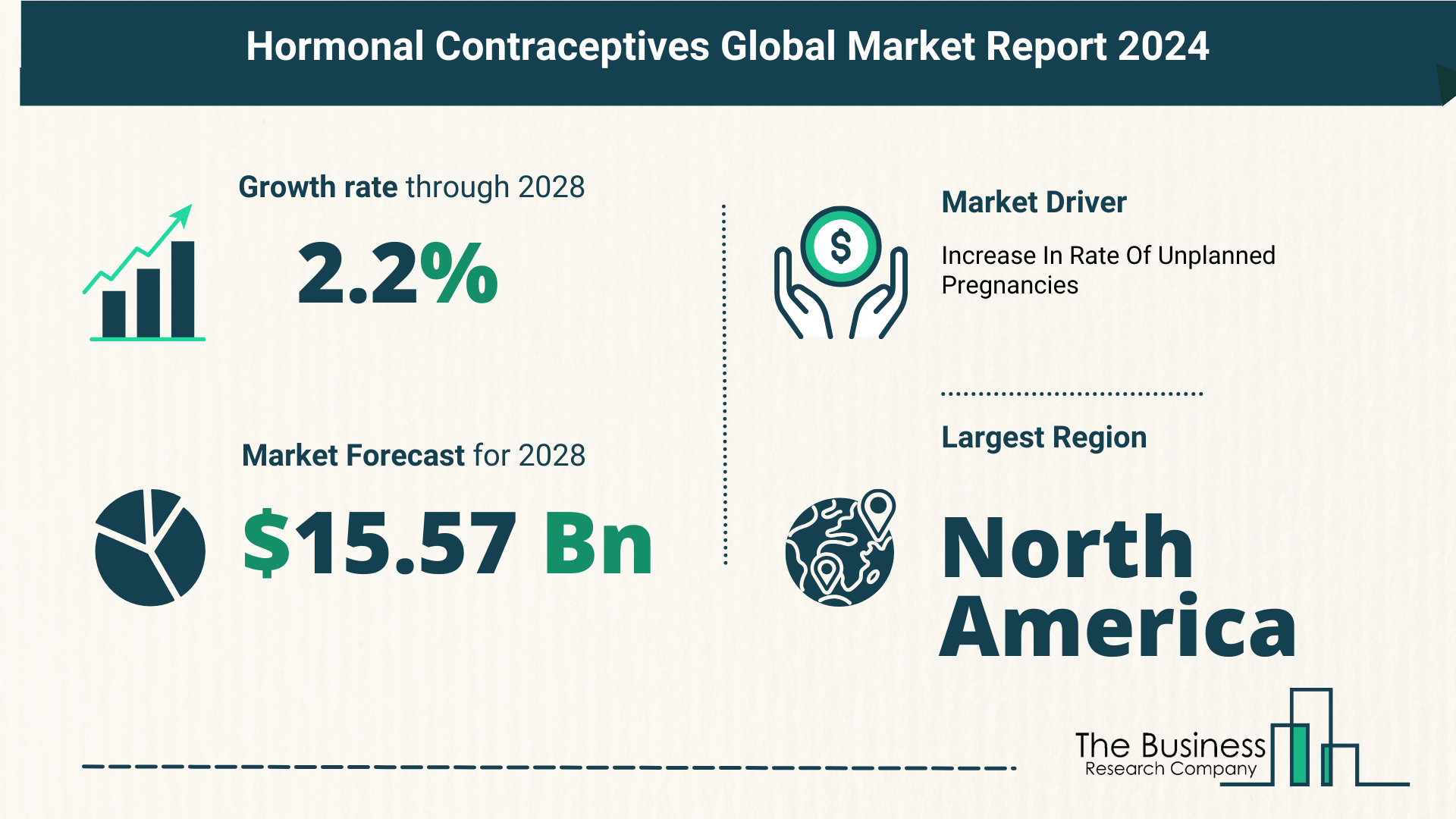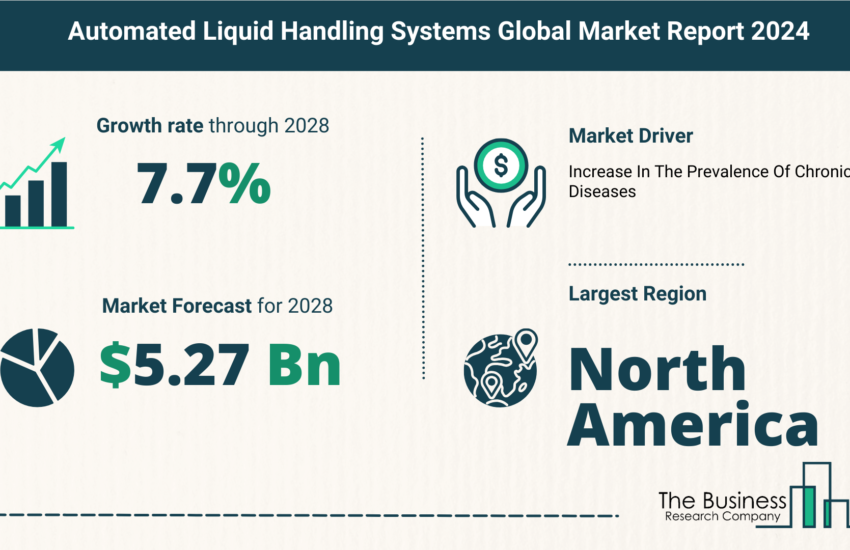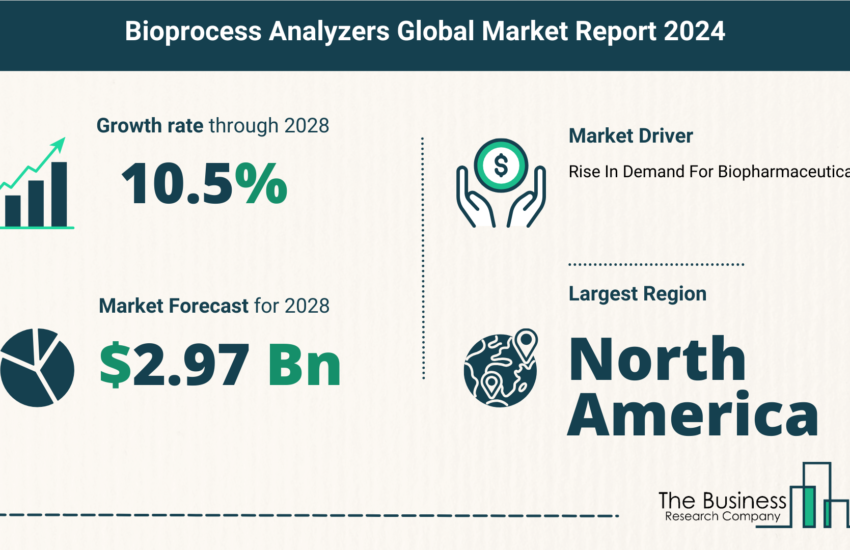What’s The Growth Forecast For Hormonal Contraceptives Market Through 2024-2033?
The Business Research Company’s global market reports provide comprehensive analysis on the various markets in 27 industries across 60 geographies.
Understanding Market Growth
- The hormonal contraceptives market size has steadily increased.
- From $13.96 billion in 2023 to $14.28 billion in 2024, with a CAGR of 2.3%.
- Historic growth attributed to government initiatives, increased contraceptive use, R&D expenditure, healthcare expansion, and facility growth.
Future Outlook
- Expected to reach $15.57 billion by 2028, with a CAGR of 2.2%.
- Forecast growth fueled by awareness, R&D, healthcare spending, and agency collaborations.
- Major trends include longer-lasting vaginal rings, AI medication adherence solutions, innovation, environmentally friendly products, and improved birth control pills.
Elevated Awareness Empowers The Hormonal Contraceptives Market
Informed Choices for Reproductive Health
- Increased awareness empowers individuals to align contraceptive choices with their goals.
- WHO reports global contraception prevalence at 65%, modern methods at 58.7%.
- Global demand for family planning increased from 900 million to nearly 1.1 billion in 2021.
- Satisfaction rate for modern family planning methods among women aged 15–49 projected at 77.5% in 2022.
Market Players
- Major companies driving market growth include Bayer AG, Merck & Co. Inc., Viatris, and others.
View More On The Hormonal Contraceptives Market Report 2024 – https://www.thebusinessresearchcompany.com/report/hormonal-contraceptives-global-market-report
Plant-Based Contraceptives Enhancing Product Offerings And Market Competitiveness
Innovative Product Development
- Companies are developing plant-based contraceptives like Nextellis to enhance offerings.
- Nextellis features a combination of 3 mg drospirenone (DRSP) and 14.2 mg estetrol (E4) tablets.
- Mayne Pharma’s Nextellis, FDA-approved in April 2021, incorporates E4, a plant-derived estrogen.
Segmentation of the Market
- Segmented by product (pills, injectable birth control, vaginal rings, others), end user (hospitals, homecare settings, gynecology centers, clinics, ambulatory surgical centers), hormones (progestin-only, combined hormones), and distribution channel (drug stores, gynecology/fertility clinics, e-commerce, other distribution channels).
Regional Insights
- North America led the hormonal contraceptives market in 2023.
- The Middle East is projected to be the fastest-growing region during the forecast period.
Conclusion
The hormonal contraceptives market is witnessing steady growth, driven by increased awareness, innovative product developments, and expanding healthcare infrastructure. With a focus on empowering individuals to make informed choices regarding their reproductive health, the market is poised for continued expansion. Major players are investing in research, development, and strategic collaborations to meet the evolving needs of consumers worldwide. As the market continues to evolve, addressing diverse preferences and ensuring accessibility will be key priorities for stakeholders.
Request A Sample Of The Global Hormonal Contraceptives Market Report 2024:
https://www.thebusinessresearchcompany.com/sample_request?id=2440&type=smp



